detail profile chitose kobayashi
Peran Yang Di Mainkan Chitose Kobayashi
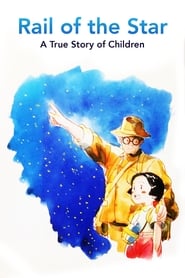 A young Japanese actress remembers her...
A young Japanese actress remembers her...Rail of the Star - A True Story of Children and War 1993
A young Japanese actress remembers her war childhood in Korea. Her father goes to fight, her baby sister Miko dies of typhoid, her beloved Korean maid Ohana is fired due to a mistake which could cost Chiko her life... By and by Chiko realizes that the country is being ruled by the Japanese and the Koreans are persecuted. When the war ends, the Koreans chase the Japanese rule and the roles change. Now Chiko's family is unwanted. But then the Russians come and this is the end. They have to burn all the pictures to avoid all suspicions... even Miko's picture. But when the Russians come to their house, they decide to flee over the 38th Parallel towards freedom. A group of men, women, children struggles along the mountains, led by the light of the Northern Star. Along the way they meet a Korean man, who is willing to help them to escape the Russian soldiers although his family was killed by the Japanese.
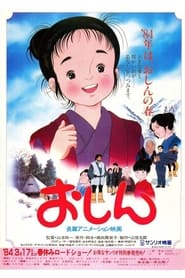 Oshin comes from a family of...
Oshin comes from a family of...Oshin 1984
Oshin comes from a family of poor rice farmers. Her father and brother must work in the fields and her grandmother and mother, who is expecting another child, barely have enough to eat. In order to make ends meet for her family, 7-year-old Oshin gives up school and decides to become a servant in the household of a wealthy family, where she faces trials and tribulation beyond her worst fears.
 On a cold winter day Goro...
On a cold winter day Goro...Outlaw: Goro the Assassin 1968
On a cold winter day, Goro Fujikawa (Tetsuya Watari) and Masahiko murder the mob boss of Meishin-Kai. The deed costs them time in prison, but Goro had no shred of regret. When Goro is released 2 years later, Masahiko is dying in prison hospital and entrusts his last wish; "find my sister and take care of her." Goro leaves as a free man with a mission, but soon finds that he might have been better off in jail.
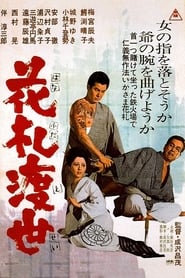 A wandering gambler runs into a...
A wandering gambler runs into a...Flower Cards Chivalry 1967
A wandering gambler runs into a young swindler woman working with an old man. They are both arrested by a detective. A year later, the gambler is staying with a gangster boss when he comes across the woman and her partner again. The boss lusts for both her and his own daughter, while the boss's crazy yakuza brother loves his daughter, who, in turn, watches the player and wants to destroy the people standing in her way.
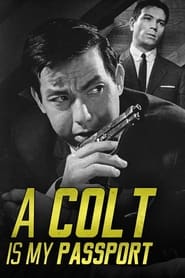 A gang lord hires Kamimura a...
A gang lord hires Kamimura a...A Colt Is My Passport 1967
A gang lord hires Kamimura, a hit man, to take out a rival boss who's gotten greedy.
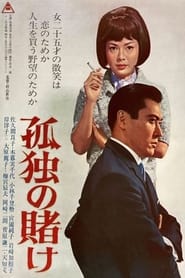 In postwar Japan it is difficult...
In postwar Japan it is difficult...A Lonely Gamble 1965
In post-war Japan, it is difficult for private business to stay afloat. The small atelier has a debt of several million yen. To get a loan, his proprietress is forced to turn to a successful businessman, owner of entertainment establishments and bars. But she has nothing to guarantee the return of the debt, and then she offers herself as collateral. A drama about the contradictory nature of human feelings.
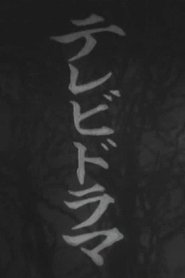 Youth After School takes Tokyo and...
Youth After School takes Tokyo and...Youth After School 1963
"Youth After School" takes Tokyo and Kyoto as the stage, and tells the story of a family that develops around the daughter's marriage. The play was broadcast on NHK TV in 1963, but the program recording technology was not mature at that time, and relevant people called it "phantom TV drama (幻のドラマ)". However, this TV series that was originally thought to be lost has been rediscovered after 50 years.
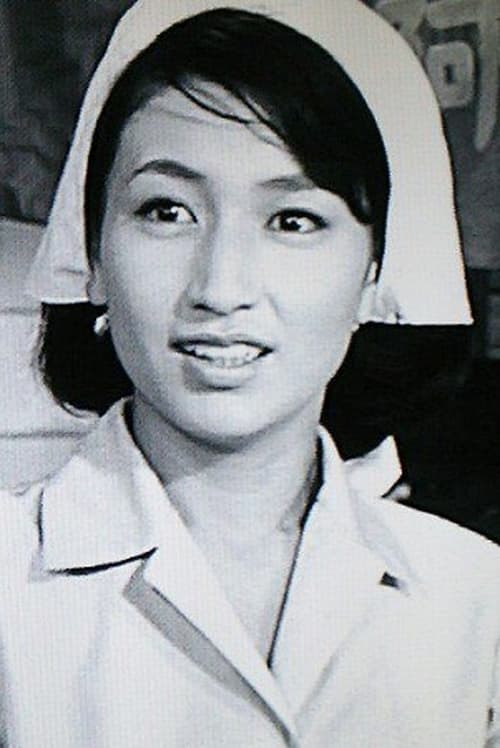
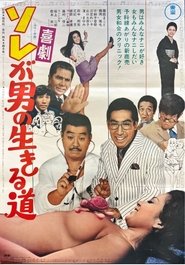 Comedy about a lewd man Fujita...
Comedy about a lewd man Fujita...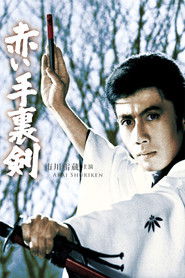 Ronin samurai Ibukisan enters a town...
Ronin samurai Ibukisan enters a town...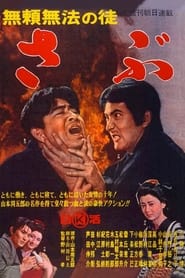 In the early Meiji era two...
In the early Meiji era two...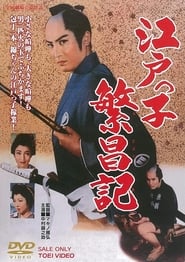 Katsujiro the fisherman overcomes his laziness...
Katsujiro the fisherman overcomes his laziness...